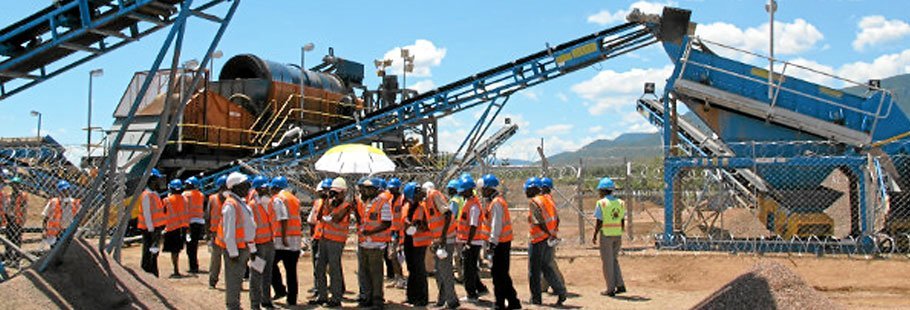
In late 2008 I personally took a decision to expose and unearth horrendous human rights abuses that were taking place in Marange.
By Farai Maguwu
Hundreds of people had been gunned down in a few weeks, hundreds of women had been raped, thousands escaped with gunshot wounds.
Several hundred still have bullets in their bodies.
I publicly opposed the sale of Marange diamonds for two reasons. First, the diamonds had ceased to be a woman’s best friend since soldiers had raped hundreds of women and forced hundreds more to engage in unprotected sex with artisanal miners as punishment.
I had interviewed some of these women and I am still emotional when I remember their stories, six years later. Still on violence, government had used disproportionate force in driving out artisanal miners from Marange.
The soldiers fired live ammunition on defenseless people. Marange villagers had been caught in the crossfire as several were abducted whilst herding cattle or simply moving from one point to another. The army imposed an illegal curfew on Marange.
Some were abducted from their homes for allegedly harbouring artisanal miners. One elderly man cried uncontrollably when he narrated to me how the soldiers had forced him to take off all his clothes in front of his children and wife before assaulting him for allegedly harbouring artisanal miners.
- Chamisa under fire over US$120K donation
- Mavhunga puts DeMbare into Chibuku quarterfinals
- Pension funds bet on Cabora Bassa oilfields
- Councils defy govt fire tender directive
Keep Reading
The other reason why I campaigned against Marange operations was lack of transparency. Laid down procedures had not been followed in granting mining licenses to the virtually unknown companies that, as we now know, some officials corruptly engaged.
I was aware that you can’t reap figs from a thorn tree.
I took a battering from some civil society colleagues in Harare. Some called me reckless, saying I deserved to be arrested. Others said I was not offering a solution and instead they said they were going to engage with government to find a solution.
There was a spirited campaign by one organisation working in the extractive sector to discredit our reports and to campaign for donors to stop supporting our work. The first reaction was in June 2010 whilst I was in prison.
This organisation had a meeting with donors where it shockingly lied that all the information being sent by the Centre for Research and Development, including hundreds of pictures of wounded artisanal miners and villagers, was coming from its contacts based in Marange.
They claimed they were the only legitimate organisation working in Marange.
When these lies were proved to be false, the organisation started singing the “CRD is not offering a solution” chorus which appealled to a significant number of western donors attached to embassies in Harare. So they continued putting lipstick on the lips of a pig in exchange for donor funding.
When I walked out of jail in July 2010, I was shocked that much had changed. A section of donors started threatening that unless we stopped “negative” reporting on Marange and engaged with government, they were withdrawing their support from us. They wanted to work with an organisation offering a “solution”. Our operations only continued due to the goodwill of a few partners who genuinely believed in our legitimate struggle to promote human rights in Marange.
This brings me to a crucial question. How must civil society engage a corrupt government that has virtually no moral aptitude? Is criticising government and exposing corruption, human rights abuses, nepotism etc. not a form of engagement?
At least I forced government to stop, or rather reduce, human rights abuses in Marange. As diamonds are running out in Marange, what solution was offered by engaging with a government bent on looting national resources?
More importantly, what are the lessons Zimbabweans have learnt from Marange? How are we going to ensure we are better prepared to hold government to account? Or is it just about writing “winning project proposals” and purchasing the latest 4X4 vehicles, paying each other good salaries whilst the rest of the nation sink deeper into poverty?
In 2011, I remarked that the next big announcement to come out of Marange will be that there are no more diamonds left. This has now been vindicated with recent announcement that alluvial diamonds have run out. Recently I was asked if I have observed anything positive out of Marange. I am afraid to say “not that I know of”.
Rather, the discovery of diamonds in Marange led to new poverty for the community. Over 1 400 families have been forcibly removed from their ancestral homes without compensation. They were not given land for cultivation and are starving. The Marange story remains a sad one and is an indictment on both the Zimbabwe government and civil society.
More on this is coming up in a detailed chapter that I contributed to an upcoming book on Marange being edited by Professor Richard Saunders.











